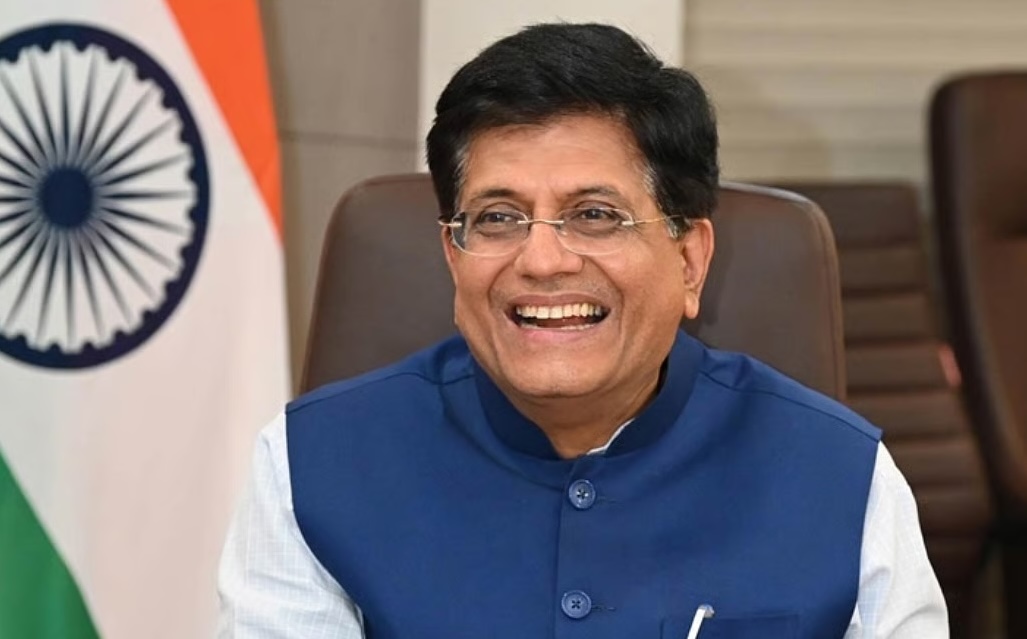India and the European Union opened a new round of ministerial-level talks in Brussels on 27–28 October, seeking to accelerate negotiations on a free trade agreement (FTA) that both sides have targeted for conclusion by the end of the year.
India’s Commerce and Industry Minister, Piyush Goyal, is meeting Maroš Šefčovič, the European Commission Executive Vice-President for Trade, to review progress and give political direction after a fortnight of technical discussions earlier this month.
New Delhi confirmed the two-day programme on Sunday, saying the agenda covers market access, non-tariff measures, and regulatory co-operation, alongside chapters on intellectual property, geographical indications, dispute settlement, investment rules and government procurement. The visit is presented as an opportunity to “intensify efforts” and identify areas of convergence across a broad negotiating docket.
Indian and EU officials wrapped up the 14th negotiating round in Brussels in mid-October, with both parties maintaining an ambition to reach a deal in December 2025. Media briefings point to substantial technical work completed, but outstanding differences remain on tariff schedules and regulatory alignment.
Sectoral priorities underline the remaining gaps. Brussels has pressed for deeper tariff cuts on automobiles and medical devices, and lower duties on wines and spirits. India has focused on improved access for textiles, pharmaceuticals and engineering goods, while signalling caution over sensitive agricultural lines and domestic industrial policy. The EU’s carbon border adjustment mechanism (CBAM) and associated sustainability provisions also feature in the talks, with New Delhi seeking accommodations to mitigate the scheme’s impact on carbon-intensive exports.
Ahead of the Brussels meetings, Indian outlets reported that negotiators were examining staging plans for tariff reductions and options to streamline conformity assessment for industrial products. Proposals under discussion include mutual recognition elements and enhanced regulatory dialogue to reduce technical barriers to trade. Officials have also described continued work on a framework for geographical indications, with reciprocal protection expected to be politically sensitive on both sides.
The investment and procurement chapters remain delicate. The EU typically seeks transparent access to public tenders and robust investor protections; India has moved cautiously in previous negotiations in order to retain policy space. Dispute settlement architecture—covering state-to-state provisions and any investment-related mechanisms—has not been publicly detailed, but officials indicate that textual drafting is advanced on less contentious areas such as customs and trade facilitation.
Trade volumes provide the commercial rationale. The EU is one of India’s largest partners in goods, and both have linked the FTA to wider goals of supply-chain diversification and technology co-operation. The talks form part of a broader Brussels–New Delhi agenda endorsed by EU institutions this month, which set out priorities for the relationship and welcomed the pace of engagement.
Goyal’s Brussels stop follows outreach in other European capitals as New Delhi looks to maintain political momentum. Reports in recent weeks have underlined German interest in advancing the process, while wire services have highlighted persistent sticking points on cars, dairy and sustainability clauses. Indian media on Monday framed the Brussels engagements as a final-phase push, with the commerce minister expected to hold a working session and dinner with his EU counterpart.
Image source: freepressjournal.in
EU outlines development funding to ease impact of carbon border levy on trading partners


